Lifestyle
20 Things You Might Not Understand About Southern Manners
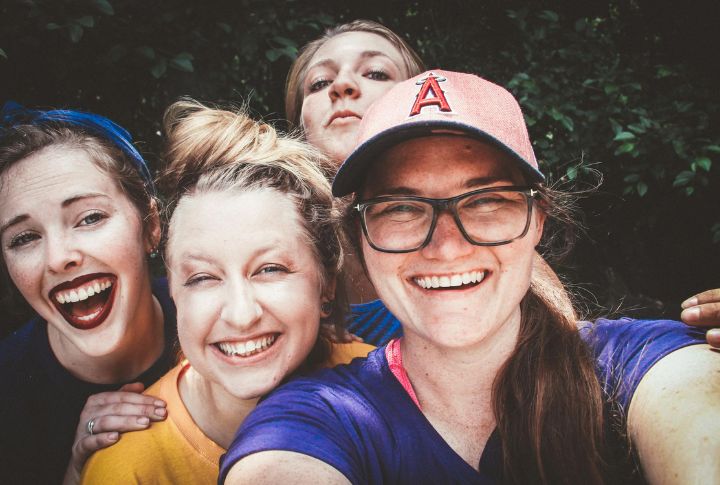
When stepping into Southern social life, things might feel a bit different than expected. Certain manners that seem standard elsewhere just don’t hold the same weight here. This piece shares 20 surprising Southern etiquette habits that show how easygoing and genuine hospitality can truly be in the South.
Greeting With A Hug Instead Of A Handshake
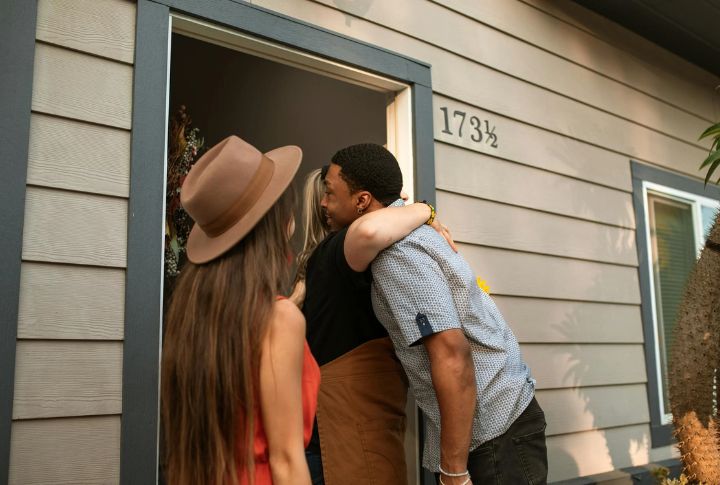
In the South, warmth and hospitality rule. Instead of the typical handshake, many Southerners prefer to greet with a hug, even with new faces. This gesture represents comfort and connection, making interactions feel more personal. It’s a reflection of the South’s culture, where building relationships takes precedence over formalities.
Using Ma’am And Sir Selectively
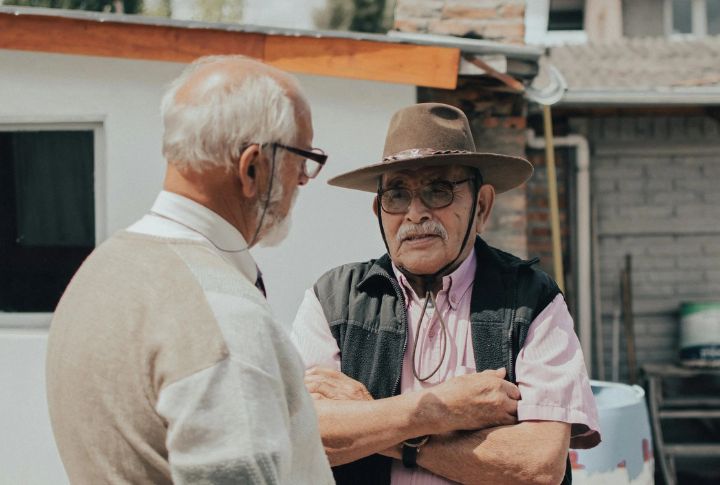
Politeness is essential in the South, but using “Ma’am” and “Sir” is not always the default. These terms typically show respect for elders or authority figures, while peers may find them too formal. The choice to use them depends on the situation and sparks debate over when these terms are truly necessary in Southern etiquette.
Arriving Late Without An Apology
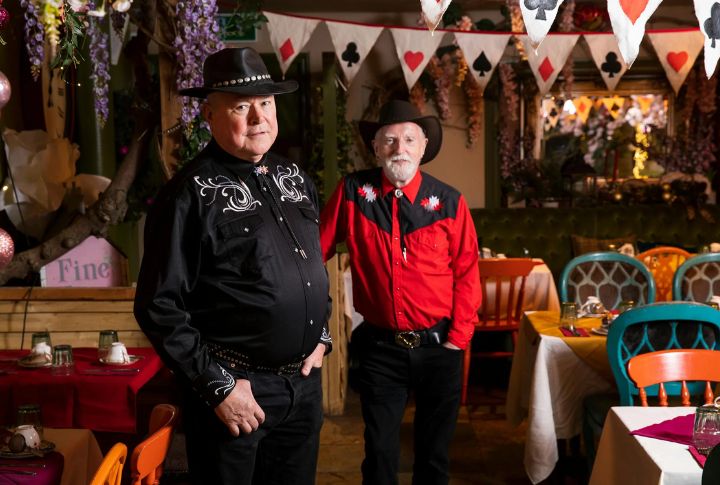
In the South, time is viewed with flexibility. Arriving fashionably late to social events is common and rarely seen as disrespectful. It’s seen as an opportunity to enjoy the event at a relaxed pace rather than adhering to strict schedules. This approach stems from Southern culture, which values hospitality and personal connections over rigid punctuality.
Ignoring Formal Dress Codes
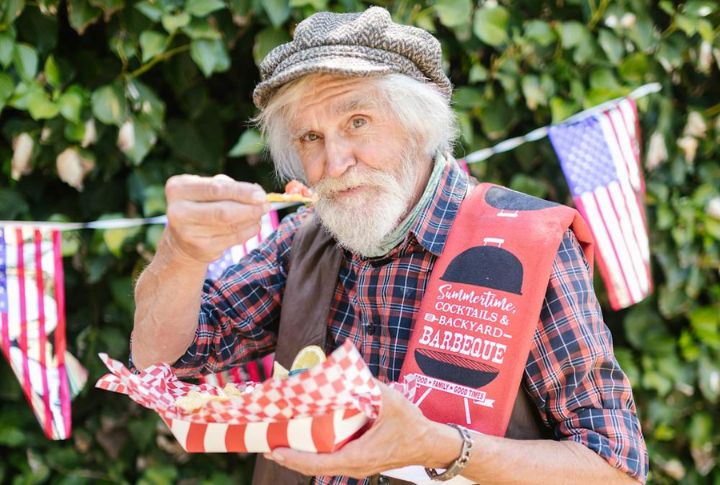
Southern events range from elegant soirees to casual backyard cookouts, with dress codes often being relaxed. Formal attire may be expected in certain settings, but Southerners tend to prioritize comfort and practicality. Cowboy boots can be seen at weddings, and baseball caps are worn at fine-dining restaurants.
Skipping RSVPs
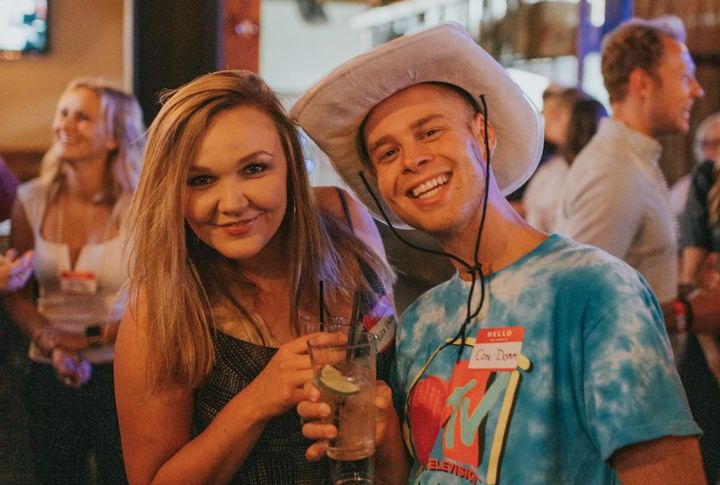
RSVPs typically require confirming attendance, but in the South, many believe their presence is expected. It’s common for Southerners to drop by events, gatherings, and even weddings without a formal RSVP. Hosts often prepare for extra guests, knowing some may not RSVP but will show up with a smile and a covered dish.
Offering Unsolicited Advice
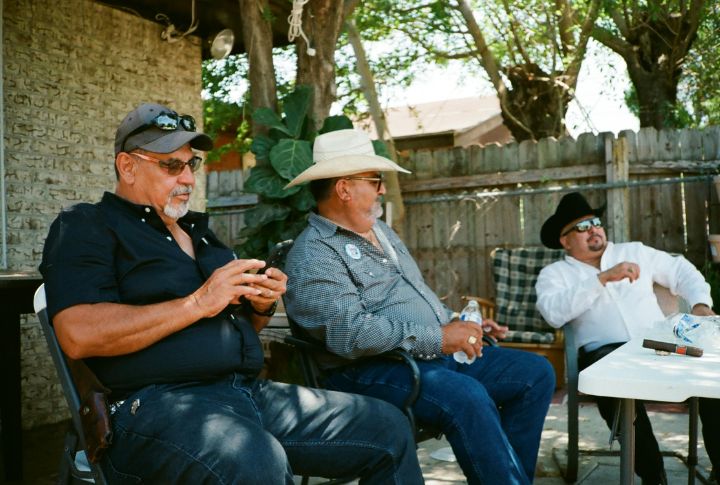
Southern hospitality extends beyond sweet tea. Whether about life, relationships, or DIY projects, Southerners enjoy sharing their wisdom. Traditional etiquette may suggest waiting to be asked, but in the South, unsolicited advice comes from genuine care and creates a culture of helpfulness and community.
Talking About Religion Openly
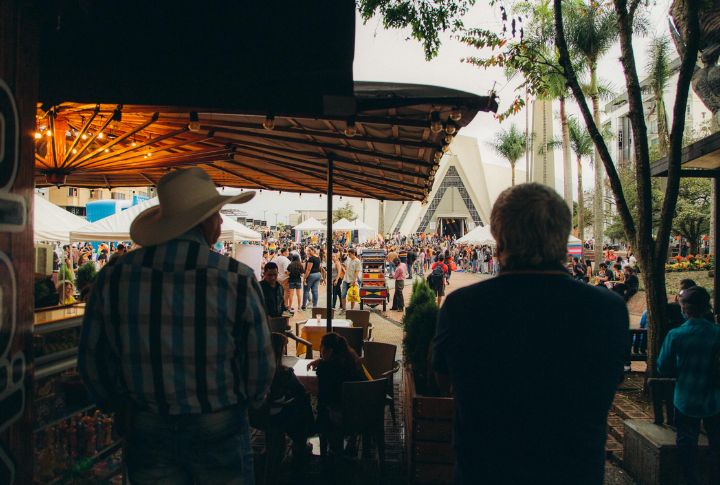
Faith is deeply rooted in Southern culture, so religious conversations are a regular part of life. Although etiquette typically discourages discussing sensitive topics, it’s common to hear people share their beliefs, invite others to church, and express gratitude publicly. These conversations regularly strengthen community bonds and reflect the importance of faith in daily life.
Eating Before Everyone Is Seated
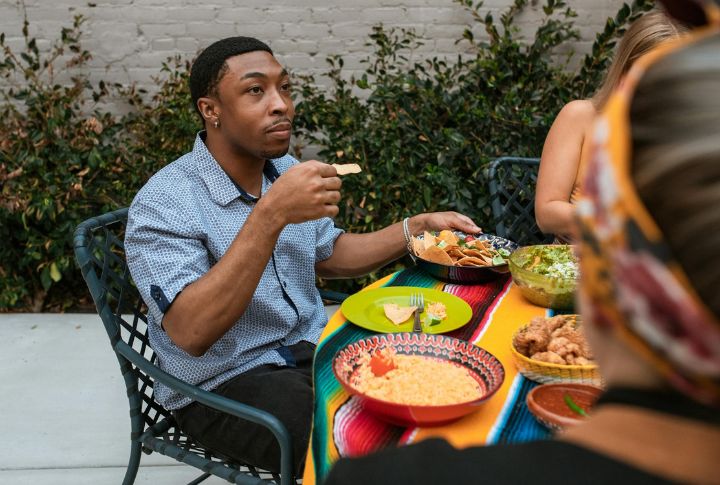
Traditional etiquette suggests waiting until everyone is seated before eating, but in the South, food is meant to be enjoyed right away, especially at large gatherings. Whether grabbing biscuits off the table or beginning the meal before latecomers arrive, Southern food culture emphasizes enjoyment over dining formalities.
Ignoring Strict Table Manners

In the South, dining is about comfort rather than strict table manners. Formal rules like fork etiquette and napkin placement are often overlooked. The emphasis is on enjoying the meal—talking with a full mouth or licking barbecue sauce off fingers is acceptable. It’s common to see family-style meals where everyone digs in together.
Using Regional Slang Instead Of Proper Grammar
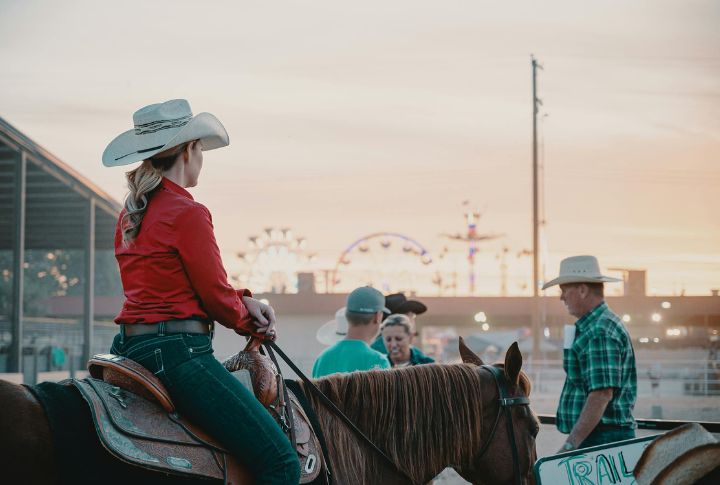
Southern dialects bring character to everyday conversations. Phrases like “y’all,” “fixin’ to,” and “bless your heart” are cultural trademarks, not just casual speech. While traditional etiquette values proper grammar, Southerners proudly use these expressions to create a sense of connection. They transform ordinary exchanges into warm, personal interactions.
Casual Approach To Waiting In Line
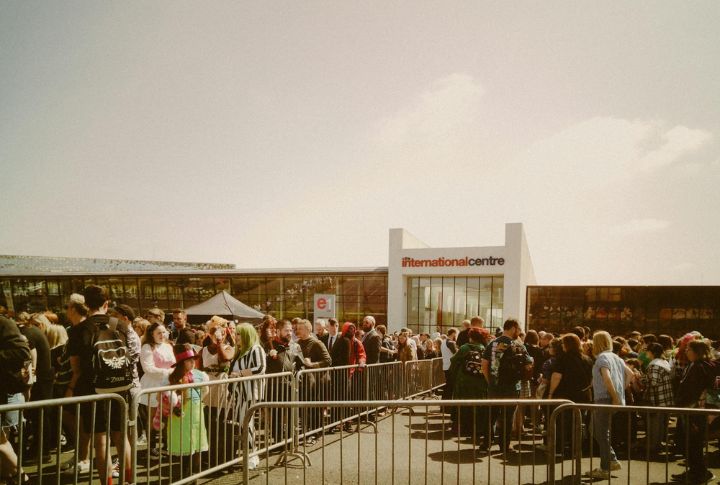
Waiting in line is a relaxed experience, with people chatting, wandering, or holding spots for others. Lines become social spaces rather than quiet zones. Traditional etiquette emphasizes patience and order, but Southerners view waiting as an opportunity to connect and engage with others.
Bringing Food To Every Gathering
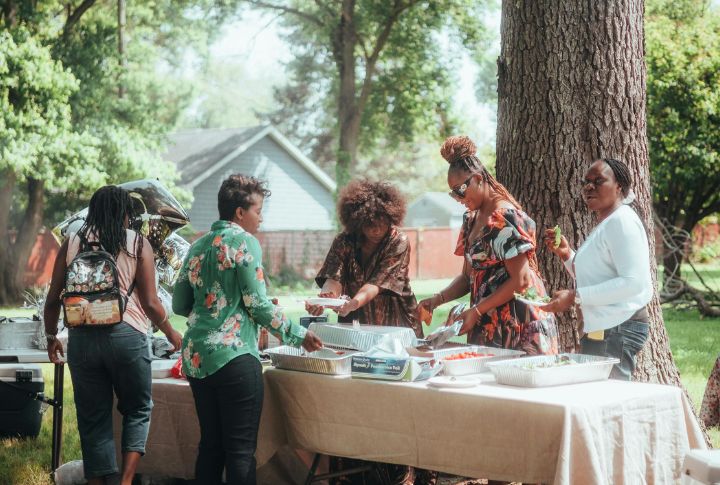
No gathering feels complete without homemade dishes. From potlucks and holiday feasts to casual visits, guests regularly bring food to show appreciation. While etiquette doesn’t require it, showing up empty-handed feels incomplete. Bringing food also reflects the Southern tradition of hospitality, where sharing a meal is a way of showing love and care.
Speaking Freely About Personal Matters
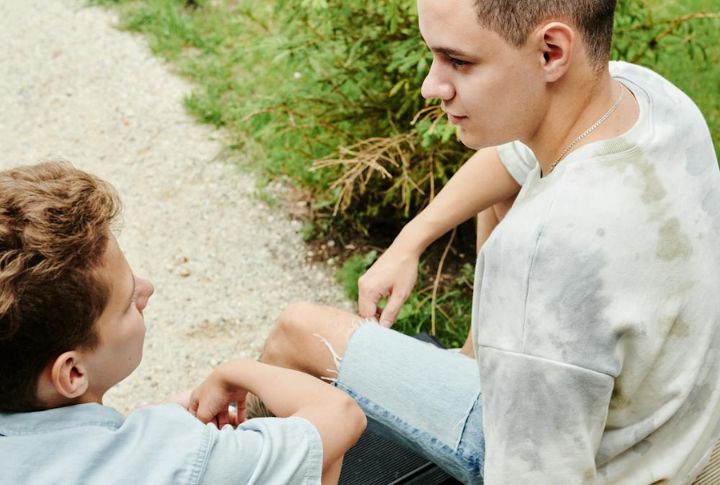
Privacy takes a backseat when storytelling begins, and conversations often include life updates, family news, and personal anecdotes—even with strangers. Traditional etiquette suggests keeping discussions light, yet Southerners embrace openness. This helps them make personal connections easily.
Ignoring Strict Wedding Formalities

Southern weddings reflect the couple’s unique style. Instead of rigid seating arrangements, formal attire, and polished ceremonies, Southerners frequently embrace a more relaxed atmosphere. For example, barefoot dancing, mismatched decor, and spontaneous speeches create a sense of intimacy. In the end, what matters most is love, family, and a celebration filled with genuine joy.
Expecting Guests To Stay Longer Than Planned

A short visit in the South can stretch into hours. Hosts genuinely enjoy company, expecting guests to linger over conversation or porch sittin’. Leaving too soon can seem impolite, as the focus isn’t the clock—it’s making visitors feel truly welcome and embraced like part of the family.
Avoiding Direct Confrontation
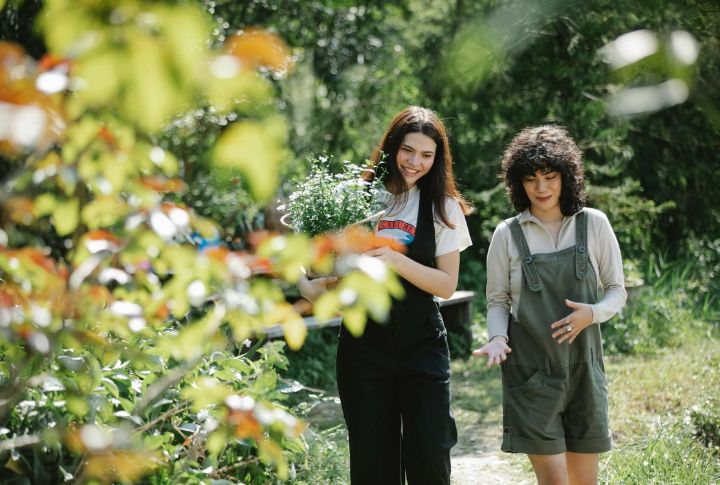
Bluntness isn’t the Southern way. Disagreements are handled with polite phrasing, thoughtful wording, and a touch of charm. Diplomacy takes the place of direct conflict, sometimes with a well-timed “bless your heart.” Conversations remain friendly, ensuring that differing opinions don’t lead to heated arguments or strained relationships.
Treating Strangers Like Family

Southern hospitality knows no limits and extends to everyone. Strangers are greeted with warm smiles, heartfelt welcomes, and endearing nicknames like “sugar” or “darlin’.” Unlike etiquette that frequently draws lines between acquaintances and close connections, Southerners believe kindness should be extended to all.
Offering Help Even When Not Asked
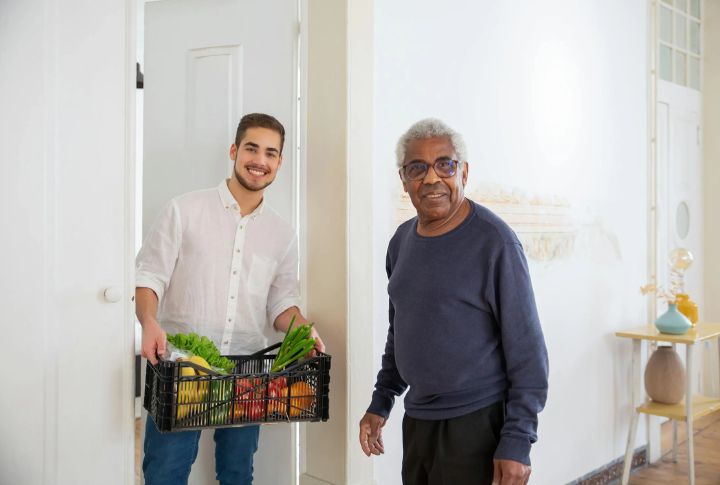
Need a hand? A Southerner will offer before you even ask. From lifting groceries and fixing a tire to giving directions, kindness is always proactive. Instead of waiting for a request, Southern culture embraces immediate generosity. Offering help isn’t seen as a duty. It’s a cherished tradition rooted in neighborly compassion.
It’s Okay To Skip The Thank-You Note
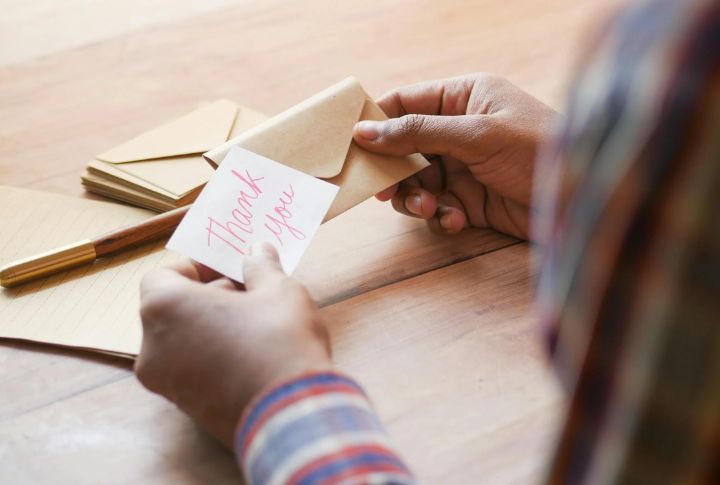
Sometimes, life gets too busy or tough to write thank-you notes, like during illness, after having a baby, or while grieving. Most people agree that a simple thank-you, whether spoken, texted, or emailed, is enough to show genuine appreciation in these moments.
Stopping for A Chat, Even If It Holds Things Up

Polite society might say to keep moving, but Southerners know a good chat matters more than clear aisles. If someone pauses by the peanut butter to swap stories or check in on your mama, you stop and talk. Folks might wait a minute, but they’ll likely join the conversation, too.

